Japanese Messaging Platform "LINE" Adds and Gets 200,000 Users in 3 Days
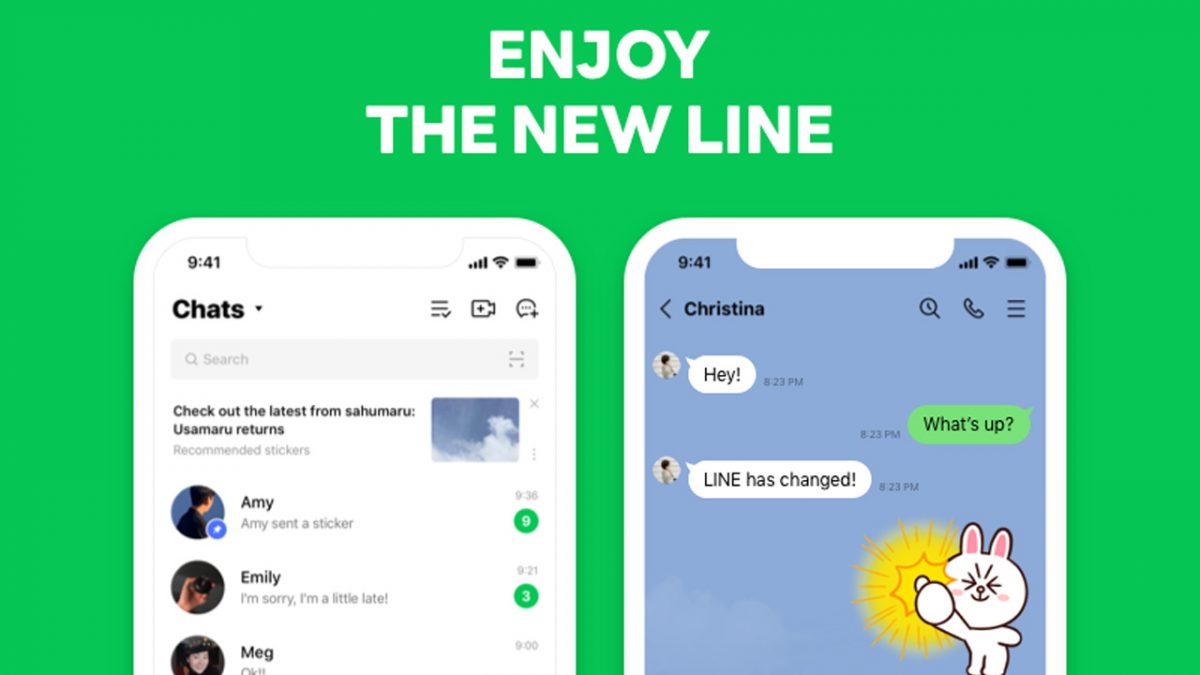
LINE is a popular Japanese messaging platform that was launched in 2011. It was created by NHN Japan, a technology company that started its operations in 2001. They are also a subsidiary of the internet search company Naver Corporation. LINE has become a dominant player in the Japanese market with over 187 million active users worldwide.

Recently the app gained 200 000 users in 3 days. This is all thanks to the addition of a ChatGPT-based bot account that you can talk to. This ChatGPT-based bot is just like a regular chat as it feels like you’re talking to a natural person, and the interaction is flawless. You can bid farewell to loneliness. Some say it's science fiction from childhood coming to life. All you have to do is add “Al Chat-Kun” as a friend and start chatting. You can get up to 5 messages free per day, and an upgrade costs ¥680/month (about $5) for unlimited messages.
The platform has a variety of features beyond basic messaging, including free video and voice calls, games, sticker and emoji collections, shopping, and news. LINE also allows its users to share videos, photos, and other types of files with other users. In addition, the platform offers a timeline feature similar to most social media feeds where users can see updates and posts from their friends.
LINE has expanded to other markets, including Taiwan, Thailand, and Indonesia. Its presence is equally strong in these countries and has launched localized features and services to better serve these markets.
How to Use Line
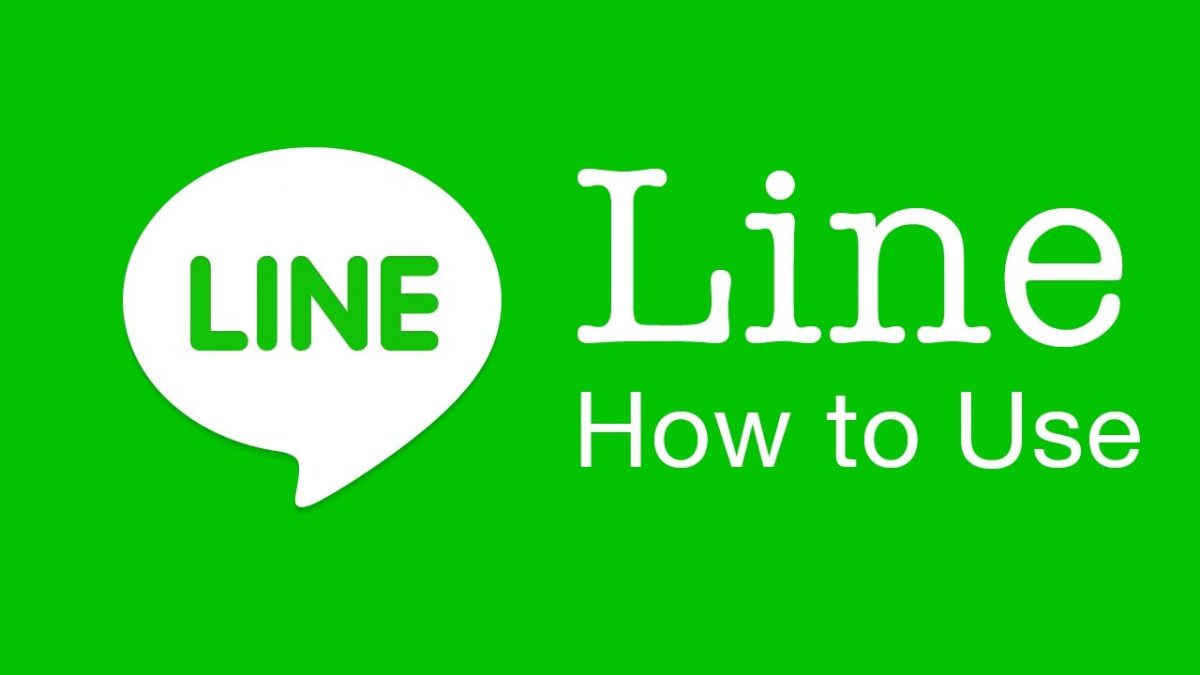
LINE is a messaging app that works similarly to your Whatsapp messenger and can be installed from your app store. I have put together a few steps to get you started. Here’s how it works:
- Create an account. To use LINE, create an account by downloading the app. You can sign up with your email address or phone number.
- Add friends. Once you've created your account, you can add friends by searching for them using their phone number, LINE ID, or by scanning their QR code.
- Start Chatting. You can start a chat with a friend by selecting their name in your friend list and typing a message. You can also send emojis, stickers, and photos.
- Make calls. LINE also allows you to make video and voice call with your friends. To make a call, tap the camera or phone icon on your friend’s chat.

- Sharing moments. LINE also allows you to share videos, photos, and text posts with friends. You can also see posts by your friends on your timeline.
- Other features. LINE also has other features like video chats, group chats, with multiple people, and a timeline where you can share your posts and see what your friends are up to.
Another great feature of LINE is its security. It uses end-to-end encryption, two-step verification, and a passcode lock to protect your account in voice calls, chats, and video calls, and files sent through the app. I hope you will try out LINE and join the masses.
Advertisement


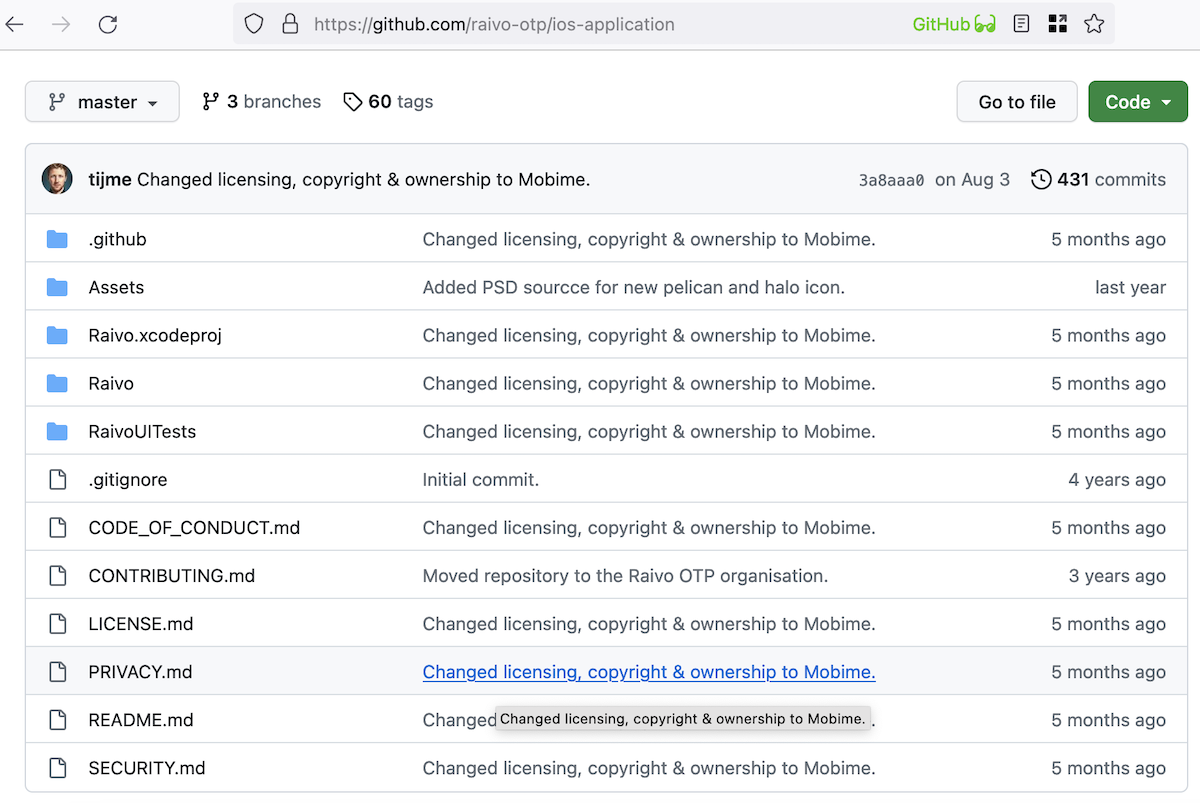

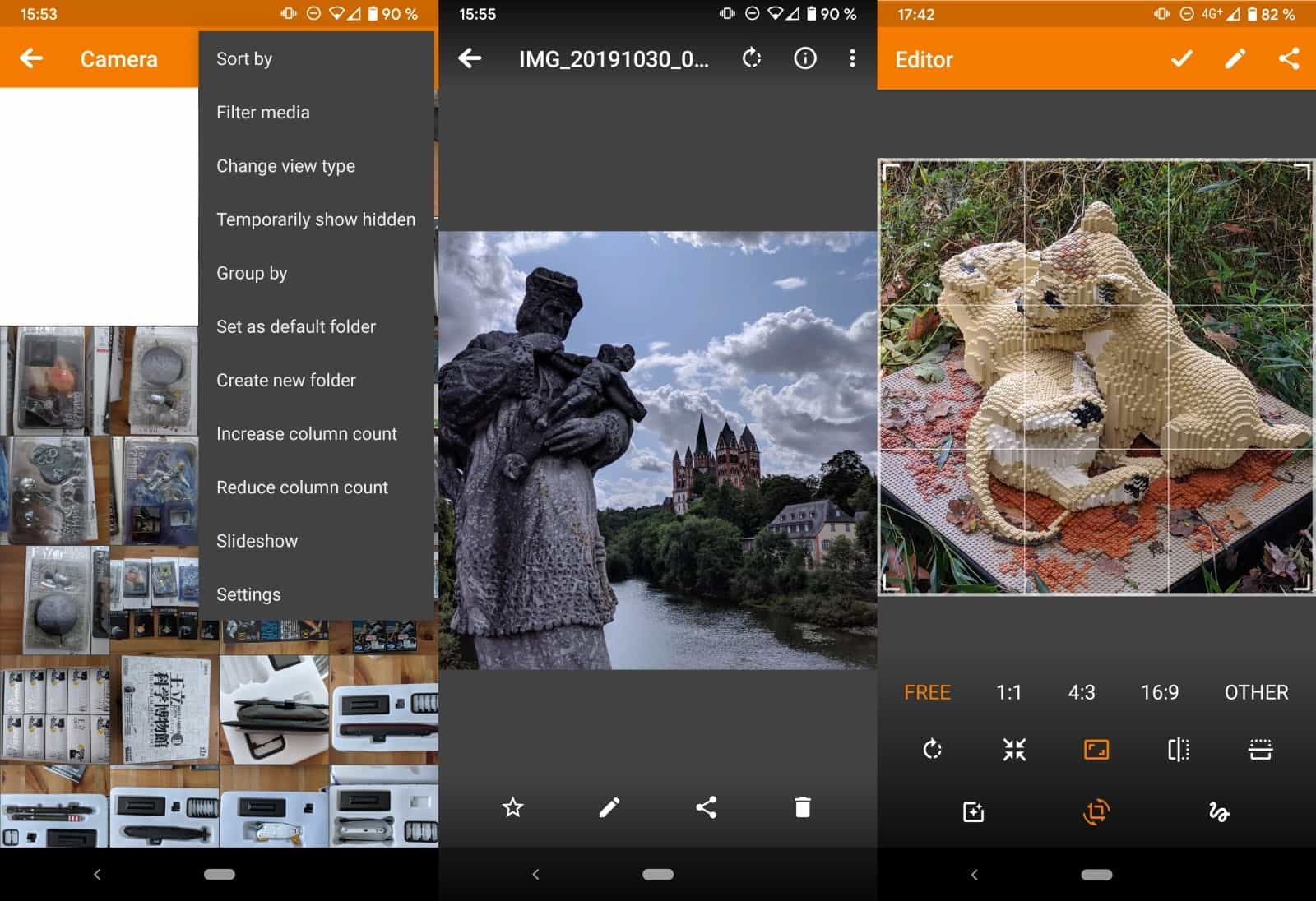




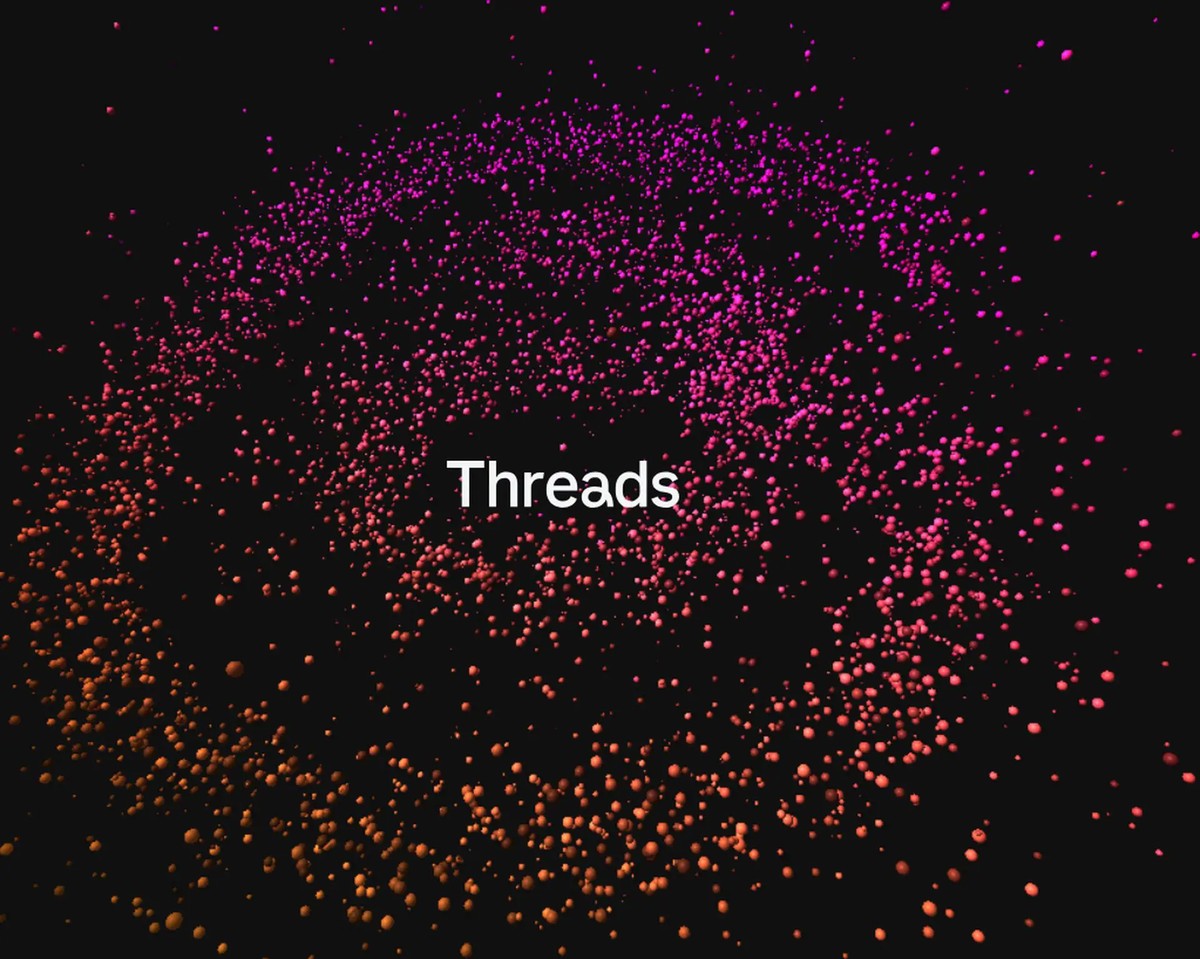











I like Line a lot, too bad nobody uses it around my parts. It’s either fecebook messenger, WhatsApp or Viber. I only use Viber because it’s not owned by facebook, if that changes, I will uninstall it instantly even if it means I will become more inaccessible to people I care about.
I’ve been using LINE for about seven years already. It’s very popular in Thailand where businesses also use it, even banks have it. For example, go to https://www.kasikornbank.com/en/rate/pages/foreign-exchange.aspx which is the Kasikorn bank’s FX rate page and you’ll see a floating LINE chat link.
But LINE has become too bloated over the years and trying to hold long video calls often results in the audio dropping unexpectedly. Similarly, the chat function refuses to send simple images at times. I usually resort to switching to Signal when that happens, but Signal chat is a bit too bland for my liking. Their stickers are boring and unless you use third party stickers, there’s not much to say for it except for the security side.
I love the LINE stickers though and have collected the whole set of the bear and rabbit called respectively, Brown & Cony. The animated ones are hilarious. They’re not free, but I don’t object to paying for something I enjoy.
LINE hasn’t achieved the same following in western countries though. That has its advantages in the respect that ads are lacking and don’t disturb you chats.
As other say, me too losing interest in Ghacks. Since some time the news don’t provide subjects for advanced users only for “quantity buyer”,, often provide a sensation so becomes less interest for users who usually read this portal.
I suppose that the change was imposed by new owner. It is said what happens if such portal will hit the owner of the owner focused on the most profit (implicitly from advertising).
I observe this also in portals in my country.
IMHO. This is a bad phenomenon.
“Adds and Gets”. I almost laughed.
Losing interest in Ghacks quickly since this “Change” that has taken place in the quality of topics. I can’t say exactly what has taken place to the site, but, I’m beginning to think its time to move to another source for interesting topics. Personally, I am tired of “AI” articles.
Do you know, or could suggest any good source, portal?
I believe that “the Ghacks Technology News Blog was tasked with getting to the bottom of the truth about desktop operating systems, web browsers, Internet services, and privacy-related topics, including their merits and demerits.” It should have been.
Has it turned into a Commercial Message blog?
Dark side of the LINE:
Although the Japanese have a high literacy rate thanks to the compulsory education system (all citizens can enjoy a minimum educational curriculum), since Japanese society can be completed with “Japanese”, many Japanese cannot read and write other than “Japanese” because they cannot acquire the skills of “English”, which is a compulsory subject of compulsory education.
The messenger application “LINE” has become extremely popular because it was developed in Japan, is available in Japanese, and is free. However, it is also seen as a means of “spreading insults, slander, and false rumors” and “ostracism,” which are becoming increasingly problematic in social networks.
Not only promoting simplistic easy and convenient tools, but also “enlightenment people to respect others and prevent serious harmful effects such as slander and hate” and means is required.
Look similar to whats-up. Another Rakuten kid wants to get atraction to big boys.